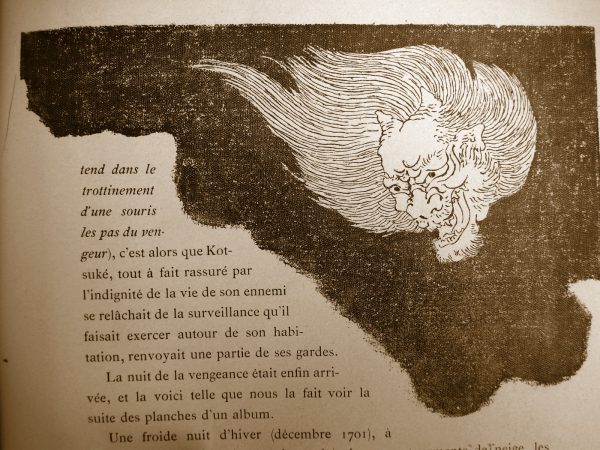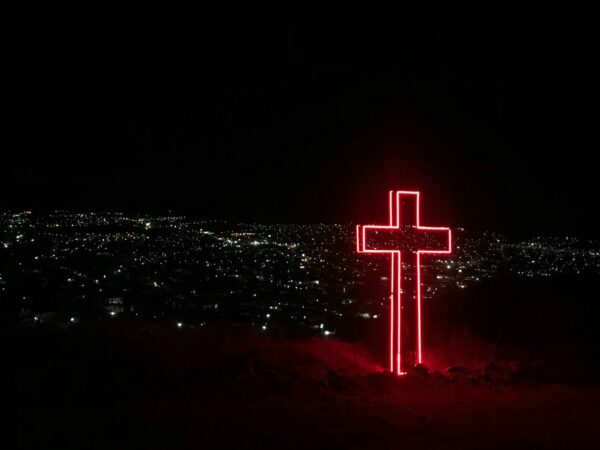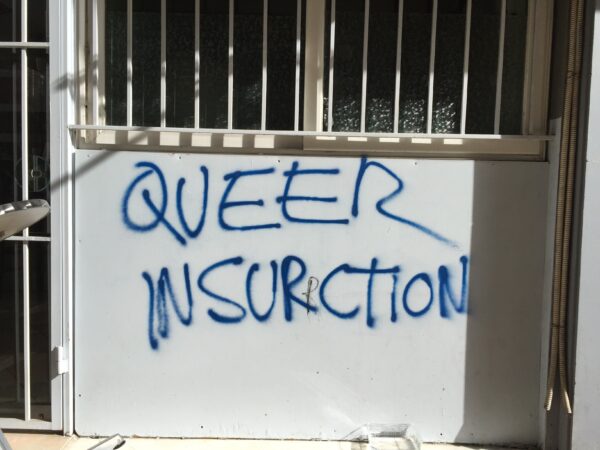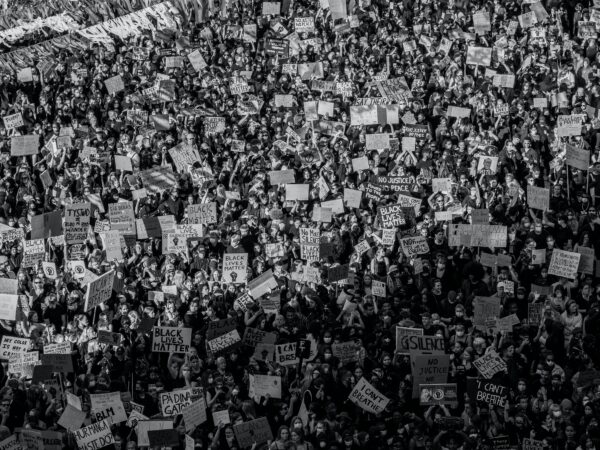
Eventually, we all need others, leaving cooperation, humility, and patience the only lasting realities of human access to power. If the last few years have taught us anything, it’s that power can abandon any of us, at any moment – even and especially on a debate stage, in full view of the entire planet. We all forget this lesson at our peril.

In this hymnic account of Jesus’ person and mission, his preference for and service to others becomes a paradigm for faithful human existence. God’s solidarity with the human race discloses the truth of both power and freedom.
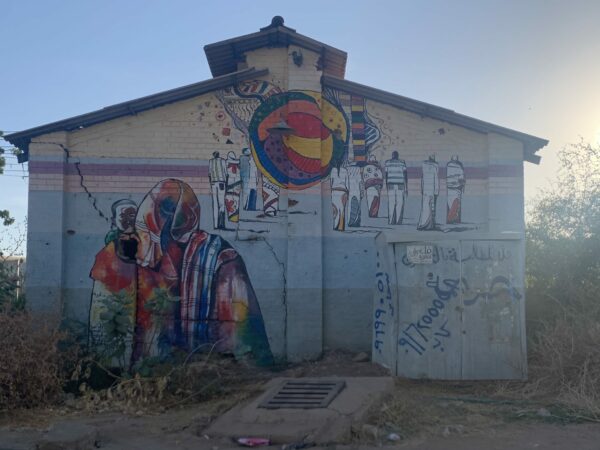
The essays seek a genealogy of and reckoning with the place of religion in modern regimes of sovereignty, its pre-colonial histories and post-colonial legacies, as well as an accounting of the fissures that remain in its emplacement, out of which new life continues to grow.
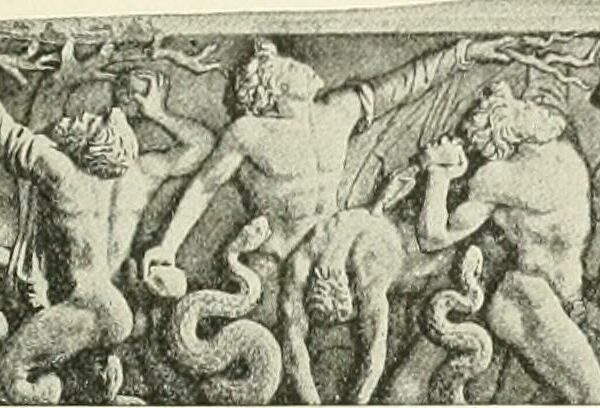
[S]ituating demonology more fully in its religious and theological contexts furnishes resources that not only nuance understandings of movements for whom demonization is central, but also recontextualize discussions of core political theological concepts, including sovereignty, power, economy, subjectivity, and freedom.
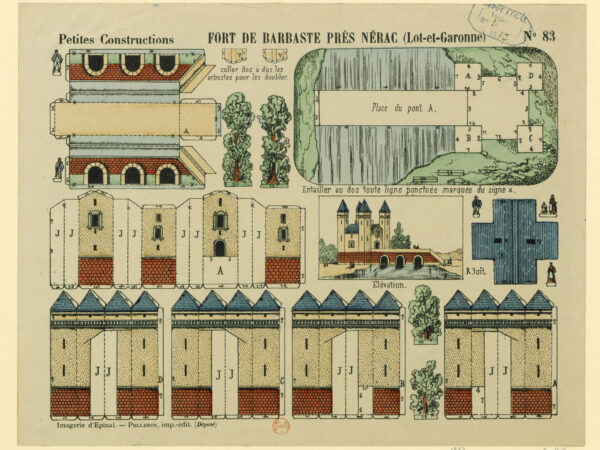
Doxa is a term used in sociology to contend with belief and orthodoxy without reducing either to behavior or cognition. It explores disposition and embodied belief—the gut sense of the world which is acquired through practice rather than discourse.

On the one hand, there is in the foreground “a land flowing with milk and honey.” On the other hand, as one reads the text with modern eyes and ears, the problematic language of inheritance, possession, and settlement the chapter begins with rightly alarms readers concerned about occupation of stolen lands using theologically justifying language.
